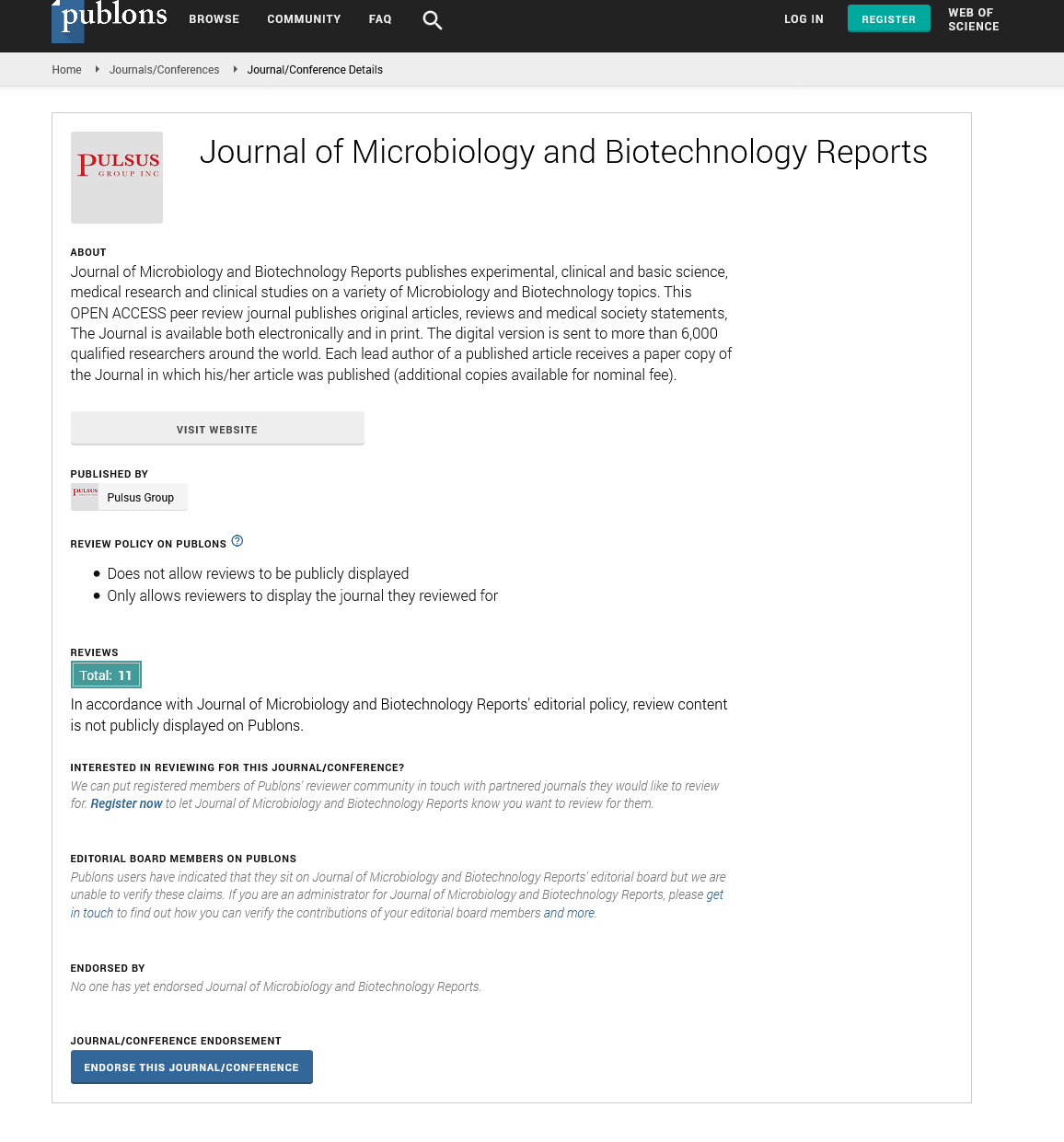Mojtaba Esmailpour Roshan
Publications
-
Research Article
Investigation of antimicrobial peptide activity against amastigote forms of Leishmania major
Author(s): Mojtaba Esmailpour Roshan*
Zoonotic cutaneous leishmaniasis caused by Leishmania major is the most common type of disease in Iran. Conventional anticoagulants have been used in the treatment of cutaneous leishmaniasis for a long time, but drug resistance and some serious side effects have been reported. Therefore, the discovery and development of new therapeutic candidates is needed. Peptide CM11 is one of these peptides whose antibacterial activity has been proven. This peptide is a short cecropin-melittin hybrid peptide obtained through a hybrid sequencing method. The aim of this study is to evaluate the anti-leishmanial activity of CM11 platelets against amastigote forms of Leishmania major. In this research, amastigote forms of Iranian Garlic L. major (MRHO/IR /75/ER) were cultured in the presence of different molar concentrations of methylantimony (glucanthium) to find the most suitable concentration of gl.. Read More»
DOI: 10.37532/puljmbr.2023.6(1).24-27




